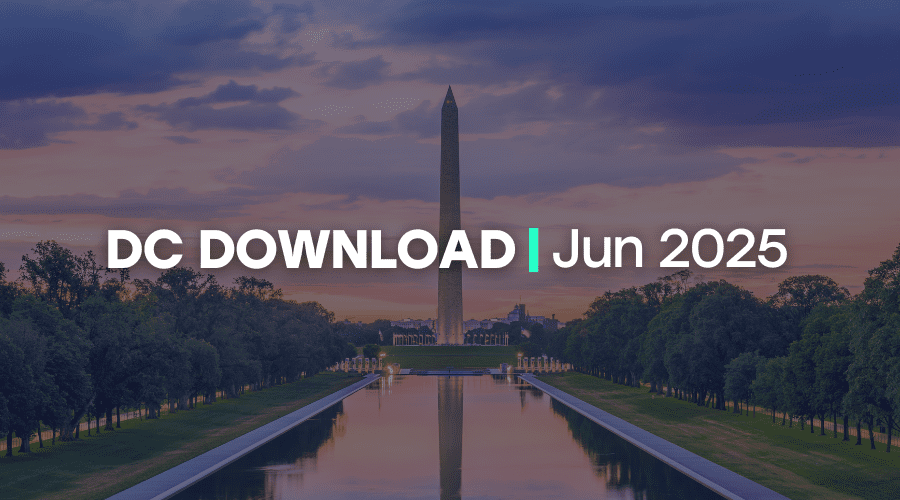Every day, I’m struck by the amazing stories I see and read about people stepping up for their communities and neighbors. Essential employees at our hospitals, grocery stories, and of course, our nonprofits, putting themselves in harm’s way to serve communities. One of the factors ensuring that we do step up and help one another is trust. As described in a recent piece in Scientific American, countries where levels of trust in in each other and institutions are high have seen better results in their efforts to contain this virus. “The problem is that for the recommendations or regulations to work, we need to trust our fellow citizens as well as the government institutions that are issuing them,” writes Bo Rothstein, an academic in Sweden.
And yet, our data shows that some communities have a reason to question their trust for institutions and each other. The hard facts presented have shown that our system requires deep, institutional change, while focusing on our ability to build trust with each other. The data tell us that this disease is killing people of color, indigenous people, low-income people, and disabled people at higher rates. What we’ve learned about our country’s aim to provide relief through the Small Business Administration Paycheck Protection Program (PPP) is that there has been disproportionate relief to the national corporations over nonprofits and small community businesses. In fact, according to today’s Wall Street Journal, loans for more than $1 million accounted for about 4% of applications, but nearly 45% of approved dollars under the program. We cannot hide from the fact that our system needs to change.
As we move forward in our aligned contribution toward solutions for our organizations and communities, I also want to challenge all of us, as leaders in civil society, to dedicate ourselves to learning from this pandemic and taking bold steps to change our systems and build trust.
Independent Sector contributed in our own way today by hosting a webinar with Equity in the Center’s Kerrien Suarez, who lead a discussion on how you can proactively apply a race equity lens to your organization’s COVID-19 response and help ensure that our collective pandemic-focused efforts prioritize race equity. Watch the recording here.
Later in the week, we will also have a policy update to give you the latest on what is happening in Washington’s efforts to provide coronavirus relief to our communities. As nonprofits continue to step up and serve communities on the front lines, we continue to advocate to lawmakers to prioritize nonprofits in their efforts, infuse additional funds into the PPP, and fix the CARES Act. Please check our website often for additional updates and resources.
There is collective wisdom to be found all around us, but I would argue the place where solutions will be birthed, advocated for, and realized begin in civil society. Organizations like yours and leaders like you coming together to make sense of what is happening and find pathways toward real sustainable change. We also happen to have high levels of trust compared to other sectors. I ask that you join Independent Sector to do that collective work. Not any one of our organizations has the perfect solution to our structural inequities, but together, I believe we can harness our collective wisdom and make sense of what has been holding us back from making it happen.
And as always, please continue to reach out to me directly if there is anything Independent Sector can do for you or the sector in our collective response and recovery.



